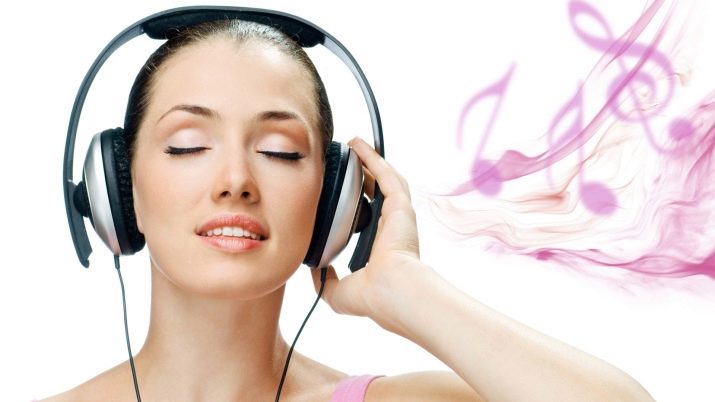Phonophobia: causes, symptoms and treatment
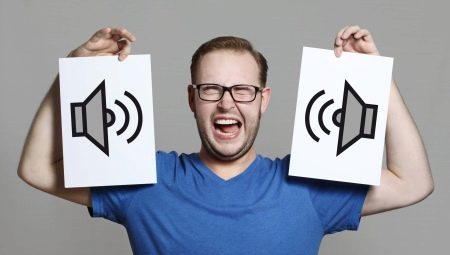
Each of us by our nature looks different in terms of character and priorities. Someone loves loud music and enjoys different sounds, while experiencing obvious bliss. And some prefer silence, nature and only the quiet singing of birds, which can bring pleasure from what they hear. All these phenomena are quite acceptable for the existence of a person with a normal psyche. But there are people who suffer from loud noises. Such individuals can be classified as phonophobes.
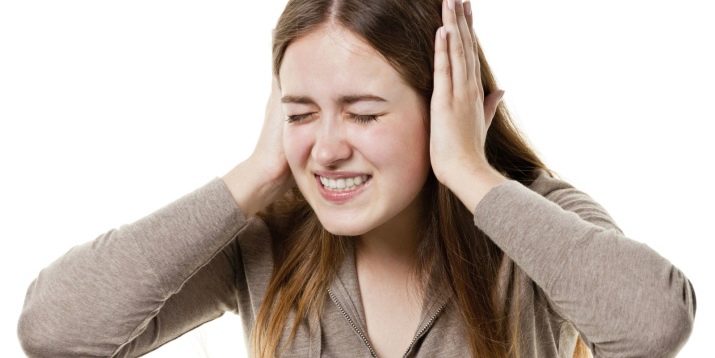
What it is?
Phonophobia, or as it is also called "acousticophobia", dooms a person to the torment of fear of various sounds, including his own voice. They may have a convulsive state from listening to an audio device.
Different people react in different ways to a sudden loud and harsh sound. Some are very frightened, others just flinch. And all this is quite normal, since nature has laid in us the fear of danger.
But when a person has panic while listening to the most ordinary sounds, not to mention a specific loud noise, then this phenomenon can be called a manifestation of a phobia.
The fear of loud sounds is also called ligirophobia or acoustic phobia. Some believe that all names are synonymous. And this is a misconception. Let's take a look at all these values in order:
- Ligirophobia appears when annoying and strong sounds occur. For example, people may be intimidated by a working drill, drill, or an old factory machine. Such individuals have the impression of grinding their own teeth.To a mild degree, many experience such manifestations, but ligirophobes can panic.
- Phonophobia - this is a fear of harsh and unpleasant sounds that arise in everyday life. A dropped pot lid can cause them a lot of suffering.
- The most difficult condition is when a person is afraid even of his own voice. And it occurs with acousticophobia. Here fear turns into panic horror at the very moment when it is expected. For example, if someone spoke too softly, and then screamed harshly and irritably.
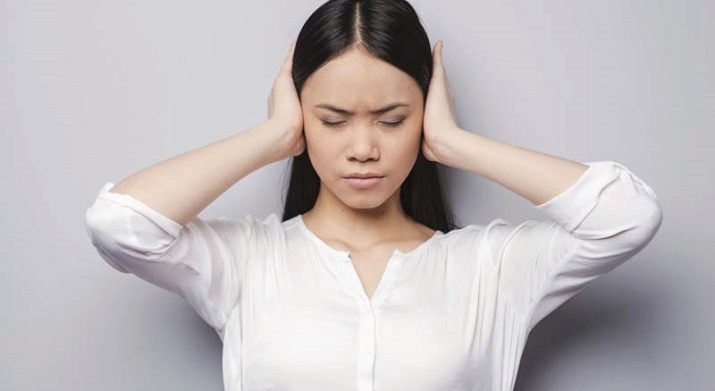
In addition, they are afraid of company vehicles with their loud sirens, alarms and even alarm clocks.
Perhaps that is why some categories of people prone to various phobias try in every possible way to avoid various mass events (sports events, concerts, bars, shopping centers) or not to visit too busy streets and parks.
There is a rejection of those people who express their thoughts very loudly or chomp very strongly. Dogs that can bark harshly also cause discomfort. All this is due to a reluctance to experience stress. These symptoms can vary in intensity (from quite tolerable to too severe). Some are even afraid of going crazy or deaf. And, of course, any such individual tries to urgently leave the place of discomfort and go to where he can calm down.
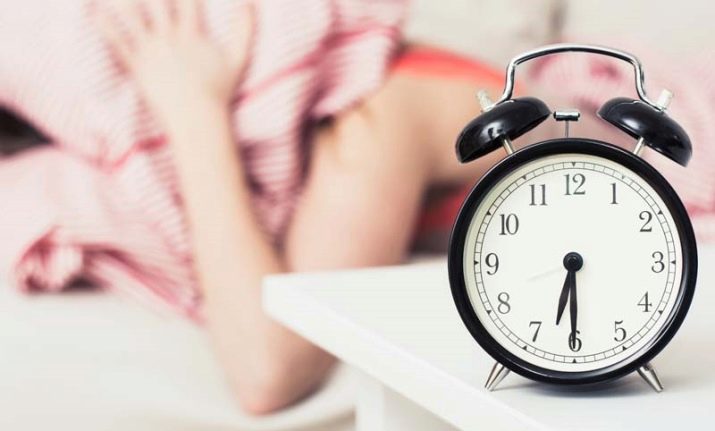
Symptoms and causes
Phonophobia can be contracted as a result of prolonged nervous tension, severe stress or sudden fright. Moreover, one reason almost always follows from another. This is also facilitated by concomitant mental disorders: neurasthenia, VSD, psychasthenia. The latter belongs to the category of anxiety-phobic disorders.
This disease can affect people who are suspicious in their behavior, imbalance, a tendency to exaggerate, a tendency to underestimate self-esteem, imbalance.
All these disorders, sooner or later, can lead to various phobias, including the fear of loud sounds.
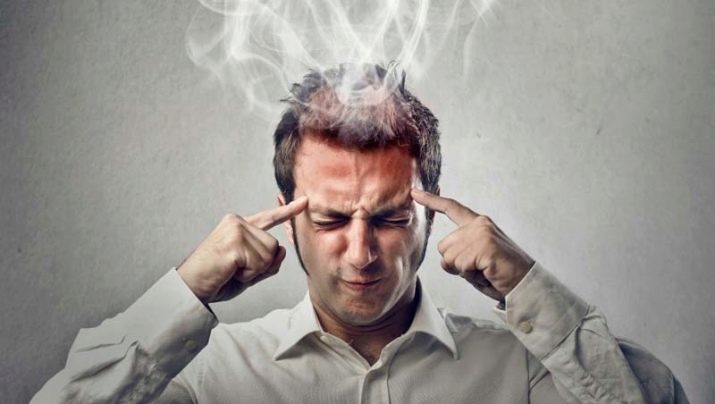
It is very difficult for phonophobes to adapt to the environment due to the fact that they are afraid to go out, walk in the fresh air, chat with friends, fly on airplanes... Many professions associated with technology, which makes unpleasant and loud sounds, become inaccessible to them. All this leads to a deterioration in the quality of life. It turns out that the sick choose self-isolation instead of a full life. Over time, it is because of this that their condition begins to deteriorate sharply.
With a slight manifestation of the stimulus, phonophobes begin attacks of fear, which develop into panic. They want to close their ears, hide away from everyone in the farthest room.
There are often cases when people, hearing an unpleasant noise, begin to scream themselves, and this makes them even worse. The next stage is again fear, and it is fear for your health and life. Then you can see the following symptoms: headache after another panic attack, tachycardia, shortness of breath, tremors of the limbs, dizziness, muscle cramps, sweating, severe nausea or even vomiting.
It must be remembered that people suffering from such a disease immediately begin to calm down as soon as the harsh sound disappears. Their physical and mental conditions are returning to normal.
Some patients add even more fears to their unpleasant circumstances. These fears lie in the patient's fear that relatives and friends will learn about this delicate problem. Naturally, the development of such a dangerous ailment should not be allowed to take its course. Self-treatment or getting rid of phobias can lead to dependence on various antidepressants, alcohol or even drugs.
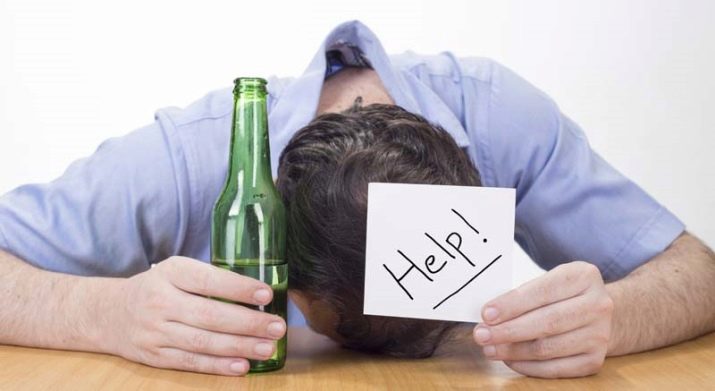
Causes of fear of music and champing
Many of us are prone to intolerance to any unpleasant sounds.This kind of rejection of the world does not belong to the category of serious diseases, and only a small part of people can suffer due to the fact that misophonia is able to trigger a so-called trigger mechanism, which will lead to negative consequences.
No wonder Dr. P. Yastrebov introduced such a term, modern medicine should not turn a blind eye to these problems. Misophobia sufferers cannot eat at the same table with loved ones - this negatively affects relationships within the family.
If you turn to specialists, they will be able to help in getting rid of this disease. For this, various forms of sound therapy are used.
Research on this disease continues, and the search for ways to get rid of misophonia continues.
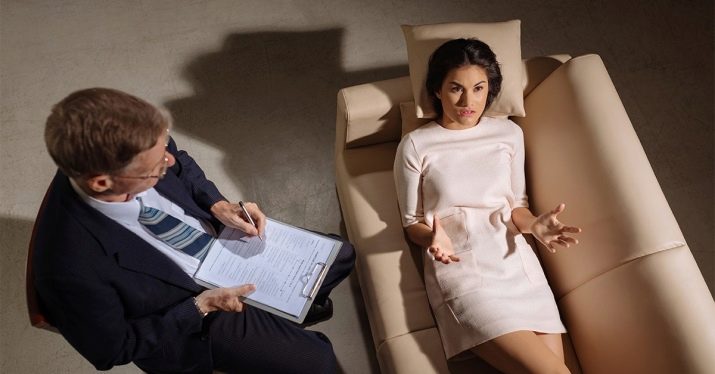
Some individuals may be afraid of the sounds of music. Acousticophobes can be frightened not only by the sound itself, but also by the possibility of hearing it. Therefore, such people do not attend music concerts, sports grounds. Sound amplifiers (speakers, microphones) cause them to panic attacks. As a result, the sufferer looks for places where he will not hear a single note from the song. The behavior becomes strange, and from this addiction a person falls into depression, which only aggravates the situation.
Meditation Healing
This method is aimed at eliminating psychosomatic causes. With its help, everyone will be able to find a way to bring their condition back to normal.
To get rid of phonophobia you need:
- free your consciousness from extraneous thoughts - only YOU and the desire to heal;
- conduct classes daily, preferably at the same time;
- the room where you are should be clean, bright and well ventilated;
- the posture should be comfortable and comfortable for your limbs;
- keep your breathing normal - so it will be easier for you to abstract.
But one must also remember that in severe cases one cannot do without the help of doctors. Meditation should only help traditional medicine, not replace it entirely.

So, what you need to know in order to properly conduct a session.
- First you need to sit comfortably and close your eyes. The back should be perfectly flat.
- Then begin to breathe correctly: inhale deeply and exhale. Breathe in until you are completely relaxed.
- Thoughts are your tool. So imagine putting your hand on your heart.
- Pronounce the word "there" when inhaling and the word "from there" when exhaling.
- Remove unnecessary thoughts from the subconscious, and if it does not work, then say: "These are empty thoughts, and they will soon dissolve into nothingness."
You need to carry out these actions until you fully feel that the meditation must be completed. In conclusion, be sure to exhale through your mouth, then you can open your eyes.
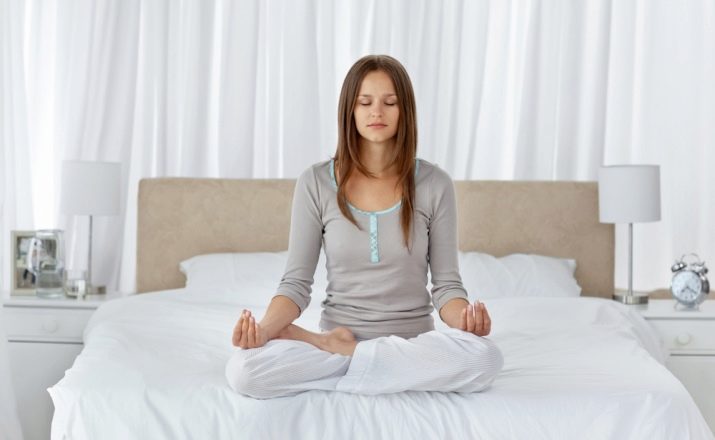
In order for you to try the meditation method, you need to know the following.
- There is a big difference between healing and healing. If symptoms are eliminated, they may disappear for a while. To be healed means to get rid of the disease completely. To do this, you need to work a lot and for a long time on yourself, make considerable efforts to curb laziness and licentiousness.
- Remember that mental illness gradually turns into physical illness. Heal the soul and work to contain negative emotions and process them into positive ones. Yes, it's difficult, but health and peace of mind need to be earned.
- The goal of meditation should be aimed at eliminating negative attitudes, beliefs and phobias.
- Don't rely on pills to heal. To completely get rid of the disease, you must believe in the power of your own subconscious.
- Remember that your thoughts are reflected in reality. Thoughts are material, so how you think, so soon it will turn out.
